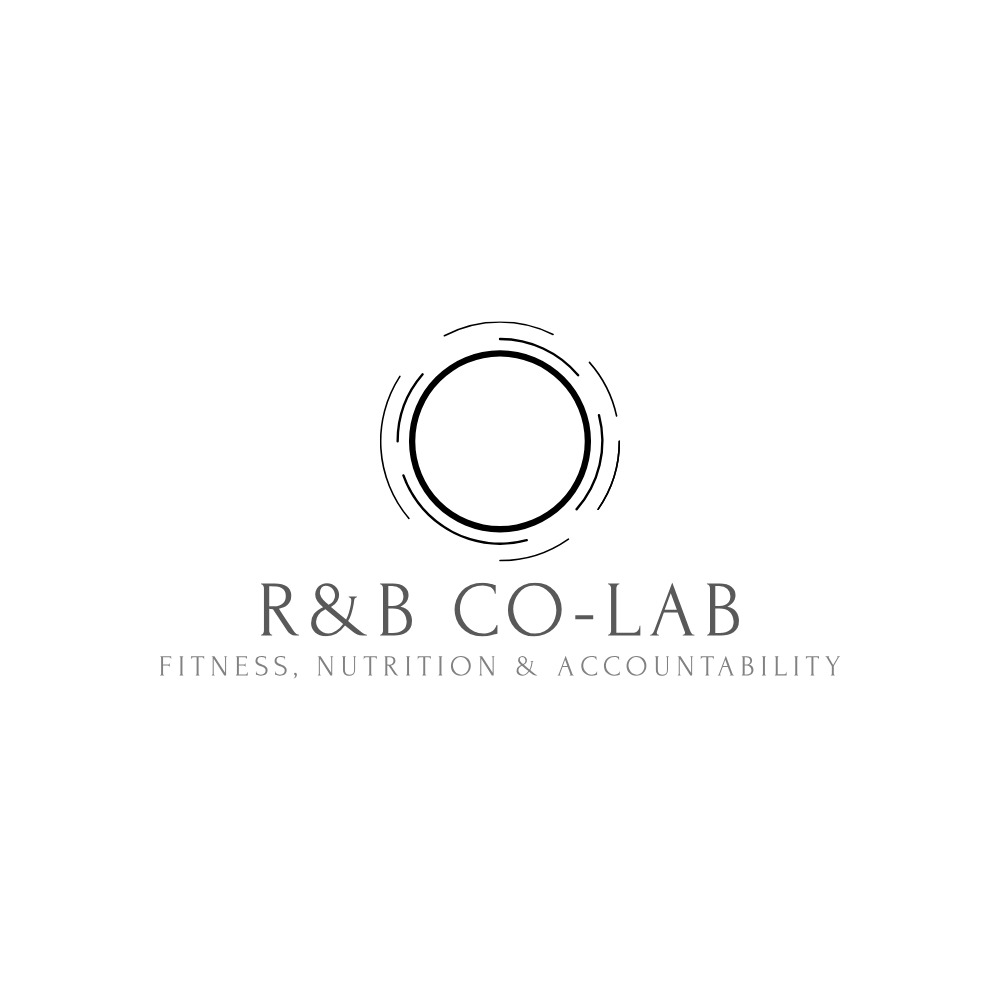Healthier Food Choices
- R&B Coach

- Apr 10, 2024
- 2 min read
Choosing healthier, cleaner food alternatives is a crucial step towards improving your overall health, energy levels, and well-being. The core idea is to opt for whole, minimally processed foods while reducing the intake of processed and ultra-processed foods that are high in unhealthy fats, sugars, and additives. Here’s a detailed guide on what to eat and what to avoid, along with specific recommendations:

Foods to Eat
1. Whole Grains
Eat: Quinoa, brown rice, oats, barley, and whole wheat. These grains are rich in fiber, vitamins, and minerals.
Avoid: Refined grains like white bread, white rice, and pastries, which have been stripped of valuable nutrients during processing.
2. Fruits and Vegetables
Eat: A colorful variety of fruits and vegetables, aiming for a mix of different colors to ensure a broad range of nutrients. Organic produce can be a cleaner choice to avoid pesticides.
Avoid: Canned fruits in syrup and vegetables with added salt or sauces, which often contain added sugars and preservatives.
3. Proteins
Eat: Lean protein sources such as chicken breast, turkey, fish (especially fatty fish like salmon and mackerel), legumes (beans, lentils, chickpeas), tofu, and tempeh.
Avoid: Processed meats (bacon, sausages, hot dogs), which are high in sodium and preservatives.
4. Healthy Fats
Eat: Unsaturated fats found in avocados, nuts (almonds, walnuts), seeds (flaxseeds, chia seeds), and oils (olive oil, avocado oil).
Avoid: Trans fats and partially hydrogenated oils found in many packaged foods, as well as excessive amounts of saturated fats from butter and cream.
5. Dairy and Alternatives
Eat: Low-fat or fat-free dairy products, or plant-based alternatives like almond milk, soy milk, and coconut yogurt. Look for those fortified with calcium and vitamin D but low in added sugars.
Avoid: Full-fat dairy products and dairy alternatives with added sugars and flavorings.
Foods to Avoid
1. Sugary Beverages
Avoid: Soda, fruit juices with added sugars, and sweetened teas or coffees. These drinks can be high in calories and offer little nutritional value.
2. Highly Processed Snacks
Avoid: Chips, cookies, cakes, and other packaged snacks that are often high in sugars, unhealthy fats, and preservatives.
3. Fast Food
Avoid: Burgers, fries, and other fast-food items that are typically high in calories, unhealthy fats, and sodium.
4. Artificial Sweeteners and Additives
Avoid: Foods and drinks containing artificial sweeteners (like aspartame, sucralose) and additives (like MSG, artificial colorings).
General Tips for Cleaner Eating
Read Labels: Look for short ingredient lists with recognizable ingredients. Avoid products with lots of added sugars, salts, and artificial additives.
Cook at Home: Preparing your meals allows you to control what goes into your food and to make healthier choices.
Shop the Perimeter: Most grocery stores are designed with fresh foods like fruits, vegetables, meats, and dairy products along the outer edges. Processed foods tend to dominate the inner aisles.
Choose Local and Seasonal: Local and seasonal foods are often fresher and more nutrient-dense. They are also less likely to have been treated with preservatives.



Comments